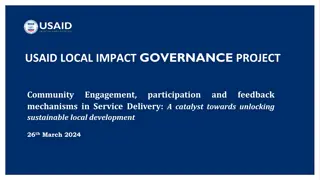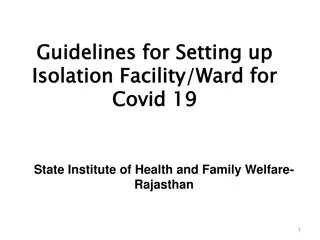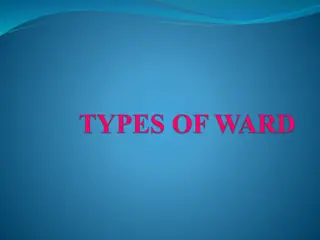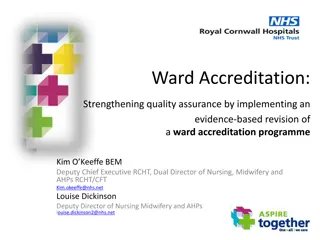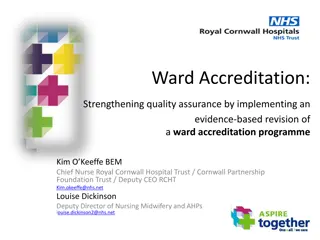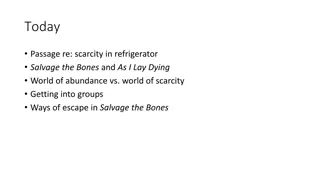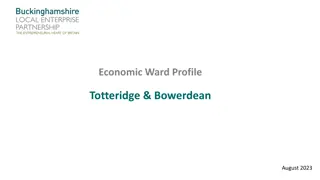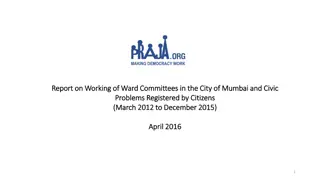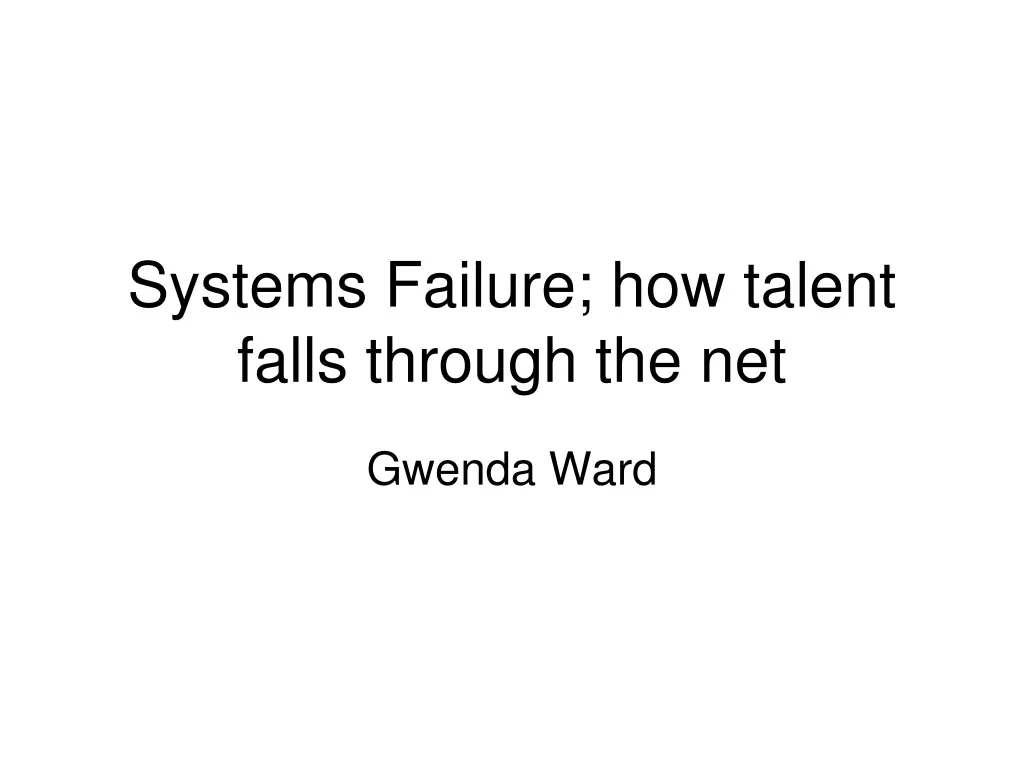
Understanding Talent Development Challenges
Explore the complexities of talent nurturing, from declining participation to inadequate coaching workforce and the importance of the coach/athlete relationship. Dive into the Acquired Needs Theory and steps to success for self-improvement.
Download Presentation

Please find below an Image/Link to download the presentation.
The content on the website is provided AS IS for your information and personal use only. It may not be sold, licensed, or shared on other websites without obtaining consent from the author. If you encounter any issues during the download, it is possible that the publisher has removed the file from their server.
You are allowed to download the files provided on this website for personal or commercial use, subject to the condition that they are used lawfully. All files are the property of their respective owners.
The content on the website is provided AS IS for your information and personal use only. It may not be sold, licensed, or shared on other websites without obtaining consent from the author.
E N D
Presentation Transcript
Systems Failure; how talent falls through the net Gwenda Ward
The Emperor's New Clothes.. Declining participation Declining standards Declining numbers of volunteers Disillusionment among volunteers Extreme gender imbalance
You cant identify or support talent without an adequate coaching workforce!
How many athletics coaches are there? 70,000 Sports Coach UK 21,000 Power of 10 12,500+ England Athletics 2,730 Association of British Athletics Clubs
Neither do we know What the geographical distribution is What the event distribution is What motivates them How much time they put in What their strengths and weaknesses are What it costs them Etc
Because its not just about numbers The context of our employment affects the way we work ESPECIALLY if the focus is technical SO, WHAT ABOUT THE COACH/ATHLETE RELATIONSHIP?
Steps To Success (Alma Thomas) Step 4 Self Realization Step 3 Self Confidence Step 2 Self Control Step 1 Self Discipline
Acquired Needs Theory: McLelland The need for achievement. Challenging but reachable goals; desire to do things better The need for affiliation. Need harmonious relationships and to feel accepted; conformist The need for power. A desire for personal power (control over others) is problematic. The need for social power (to attain organisational goals) is an attribute in managers. Power seekers can be more concerned with prestige than effectiveness
If we are serious about TALENT Career pathways and opportunities Security and respect Ethical supervision and management Supportive and challenging culture Self awareness and self mgt. skills Understanding of psychological needs


